California Debt Settlement
California, with approximately 39.5 million residents, is the most populated state within the nation, and with an area of 163,696 square miles, it is the third largest state in terms of geographic size. The 18.7 million people that live in the greater Los Angeles area make it the nation’s second most populous region, while the San Francisco Bay area ranks fifth with 8.8 million residents. The California economy, with its gross state product of $2.75 trillion, ranks first in the United States – and, if ranked by country, the economy of California would place fifth largest in the entire world!

Largely driven by the entertainment and global technology industries, the Greater Los Angeles area and San Francisco Bay area represent the United States’ second and third largest urban economies, at $1.12 trillion and $821 billion, respectively. The robustness of these areas contributes to a California median household income level of $63,783, a figure that places California 9.7% higher than the national median household income level of $57,617. In fact, a recent study from early 2017 indicates that approximately 73% of American consumers actually die in debt! (Source)
If you’ve got a debt problem, don’t take it with you to the grave. There is no better time than the present to start acting upon your debt problem. With proper planning, guidance and dedication, you can find your way out of debt.
California Economic and Debt Statistics
According to the Bureau of Labor Statistics, the unemployment rate for California stood at 4.4% as of January 2018, somewhat higher than the national unemployment rate of 4.1%. California residents also carry significantly greater amounts of credit card debt than do citizens of almost all other states, checking in at an average level of $8,917, ranking California third in the nation and 56% higher than the national average of $5,700.
California Economic and Debt Statistics
Meantime, compared with the 2017 nationwide average FICO score of 695, the typical California resident’s 2017 FICO score rated somewhat lower at 677, placing it mid-pack (tied for 23rd place) in the nation. However, with only 11% of California residents demonstrating a declining credit situation (indicated by a credit card bill that was in delinquency for 60 or more days), the state’s ranking improves to a tie for 16th place, firmly placing it in the upper-half nationwide.
As of March 2018, California’s home ownership rate checked in at 54.4%, significantly lower than the national average home ownership rate of 64.2%. Meantime, California’s average mortgage debt level of $347,652 ranks second highest in the nation, though this figure has only risen slightly less than one percent from its 2007 level. Turning to student loans, data compiled at the end of 2017 indicates that the average level of student loan debt for recent California college graduates stood at approximately $12,000, or a level 30% less than the national average of $17,126.
California Residents and Debt Settlement
If you are a resident of California and are currently burdened by high levels of unsecured debt – including credit card accounts, private student loans and unpaid medical bills – the process of pursuing debt settlement may make sense for you. Debt settlement occurs when a debtor successfully negotiates a payoff amount for less than the total balance owed on a debt.
This lower amount is agreed to by the creditor or collection agency and is fully documented in writing. Ideally, this lower negotiated amount is paid off in one lump sum, but it can be paid off over time. Though creditors are under no legal obligation to accept debt settlement offers, negotiating and paying lower amounts to settle debts is far more common than many people may realize.
California Consumer Debt Laws
Credit Card companies and other creditors are permitted to contact California residents directly regarding debts, particularly in a situation involving delinquent payments. However, creditors and debt collection agencies are required to comply with the California/Rosenthal Fair Debt Collection Practices Act, as well as the Federal Fair Debt Collection Practices Act (FDCPA), and are therefore lawfully prohibited from taking certain actions. Prohibited actions include informing employers about a debt or attempting to collect a fee in excess of any debt owed.
Debt collection agencies are also prohibited from communicating in a manner that simulates a judicial process or gives the appearance of a governmental action. Finally, debt collection agencies are prohibited from contacting debtors or debtor family members at unusual hours or with a frequency that may be reasonably construed under the law as harassment or abuse. Whereas the FDCPA only applies to collection agencies (and not original creditors), the California/Rosenthal Fair Debt Collection Practices Act broadens the protection afforded to California residents by making its State Act applicable to original creditors, as well.
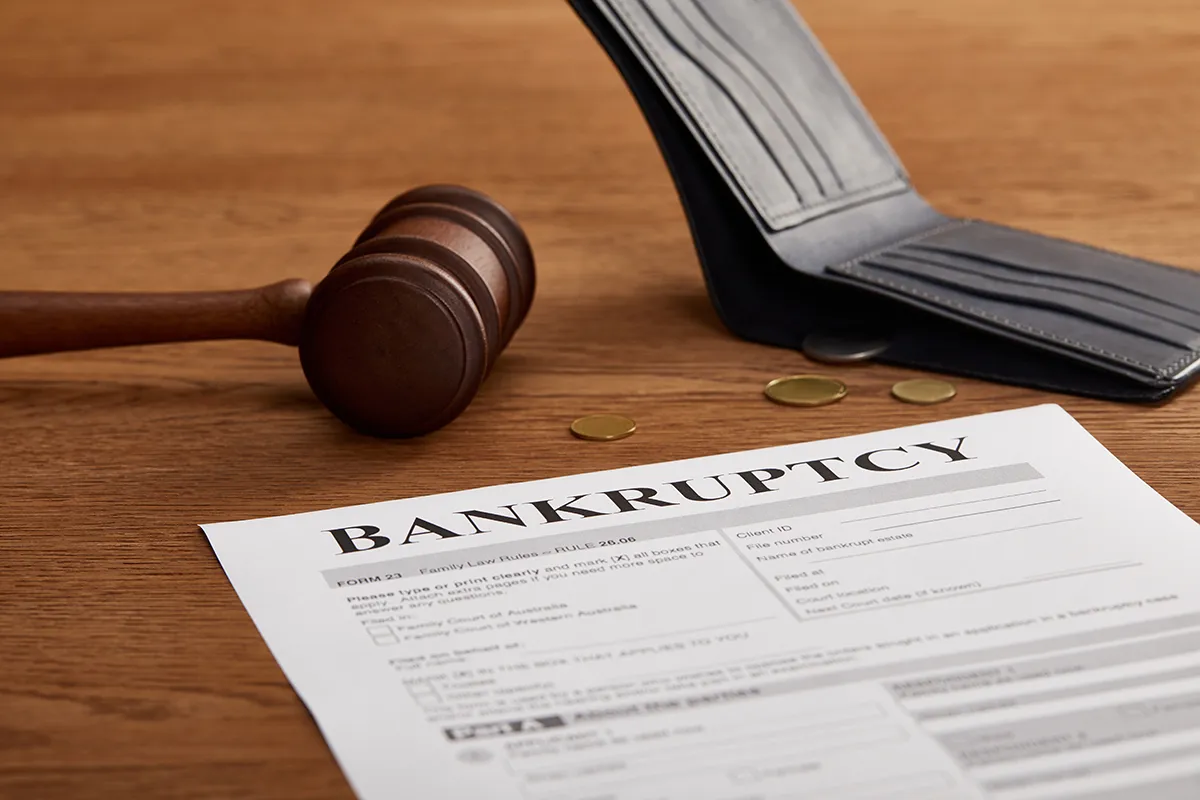

California Statute of Limitations on Debt Collection
When enough time passes in a situation in which consumer debts have gone unpaid, a debt collector can lose the legal right to sue for non-payment. In the state of California, the statute of limitations for collecting on all written debts is four years, while the California statute of limitations related to oral debts is two years. The four-year (written) statute of limitations applies to all debts – written contracts, promissory notes, and open-ended accounts – including credit cards.
The clock on the statute of limitations time period begins ticking from the “date of default,” which is typically thirty days after the last payment was actually made. However, it follows that if your unpaid debts remain unpaid and the full four years have yet to elapse, your creditors maintain legal right to sue you for non-payment and are permitted to engage debt collection agencies who can make persistent attempts at collection while remaining within bounds of the FDCPA and the California/Rosenthal Fair Debt Collection Practices Act.
Debt Settlement - Do It Yourself?
Decide whether you possess the background, wherewithal and fortitude to negotiate directly with creditors yourself – or whether engaging the services of an experienced and reputable debt settlement company will serve your needs best. Remember, the goal is to save the most money and time while minimizing any damage to your credit profile as best as possible. A reputable debt settlement company will provide a realistic estimate and time frame for making offers to your creditors that can ultimately result in settlements that save you significant amounts of money. At United Settlement, our experienced credit counselors possess relationships with the major credit card lenders – along with a broad understanding of the debt marketplace – and can help you navigate these waters successfully.
Debt Resources & Additional Reading
California Debt Settlement FAQ
Yes, if you are an Arizona resident and currently burdened by high levels of unsecured debt – including credit card accounts, personal loans, unpaid medical bills and private student loans, United Settlement can assist you with the process of pursuing debt settlement. Debt settlement occurs when a debtor successfully negotiates a payoff amount for less than the total balance owed on a debt. Contact us here at United Settlement, where our experienced credit counselors possess relationships with the major credit card lenders and a broad understanding of the debt marketplace. We can help you achieve the peace of mind that comes with living a debt-free lifestyle.
Yes, United Settlement offers debt consolidation services in the state of California. The process of debt consolidation involves combining and paying off multiple debts with one single loan, typically resulting in a lower blended interest rate and monthly payment. Debt consolidation provides the dual benefits of streamlining the repayment process while simultaneously lowering interest expense and the total amount repaid over time.
Debt collectors can garnish wages in the state of California, but only after suing a delinquent debtor and successfully obtaining a court judgment that allows for wage garnishment within certain restrictions. In California, a creditor can garnish up to 25% of a delinquent debtor’s disposable income, which is the amount that remains after legally mandated deductions.
California is a “community property” state, meaning that all debt accumulated during a marriage is generally considered marital debt shared by the spouses. The exception in student loan debt relates to timing – debts incurred more than ten years prior to a divorce will be treated as marital debt, with the assumption that the debt led to increased earnings power during the marriage from which both spouses benefited. Student loan debt incurred fewer than ten years prior to divorce will not be treated as marital debt and remain the responsibility of the debtor spouse only. Student loan debt incurred prior to the marriage by either spouse remains the liability of the debtor spouse only.
Additional Related Insights & Articles
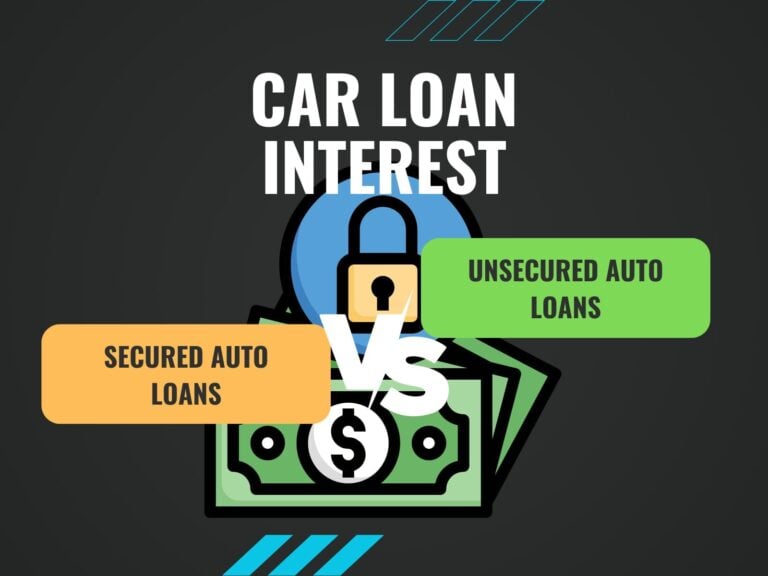
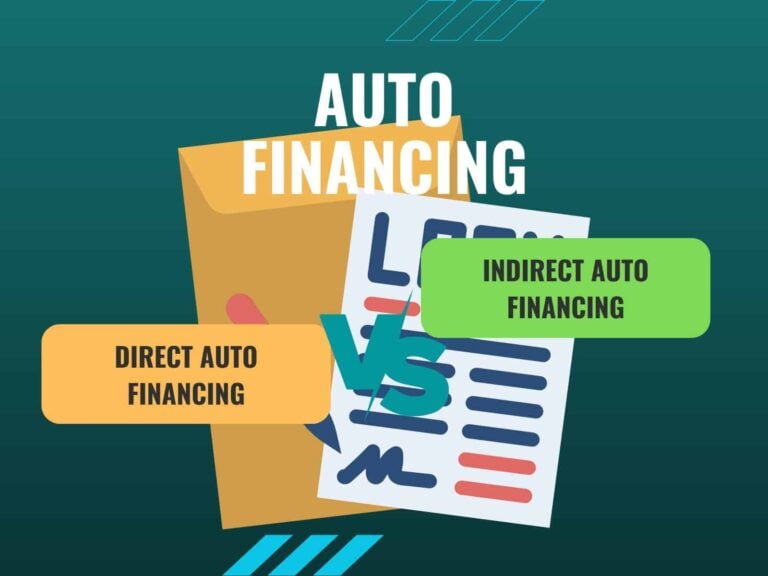
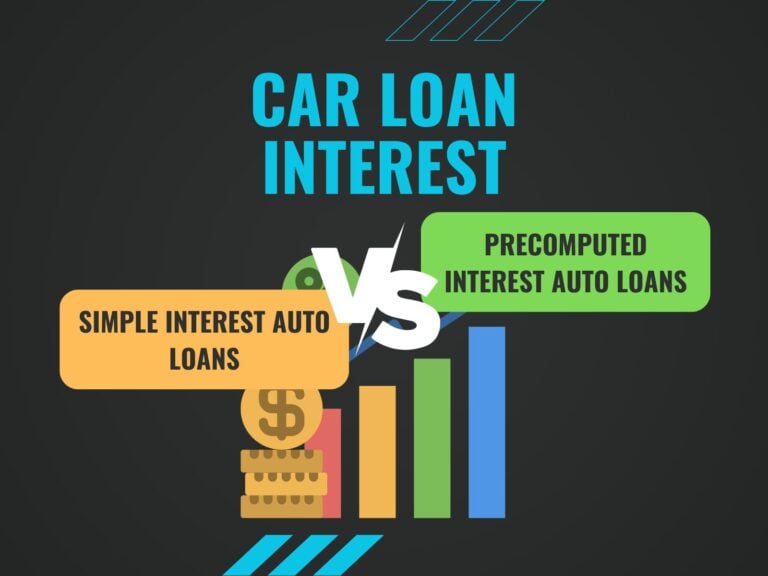
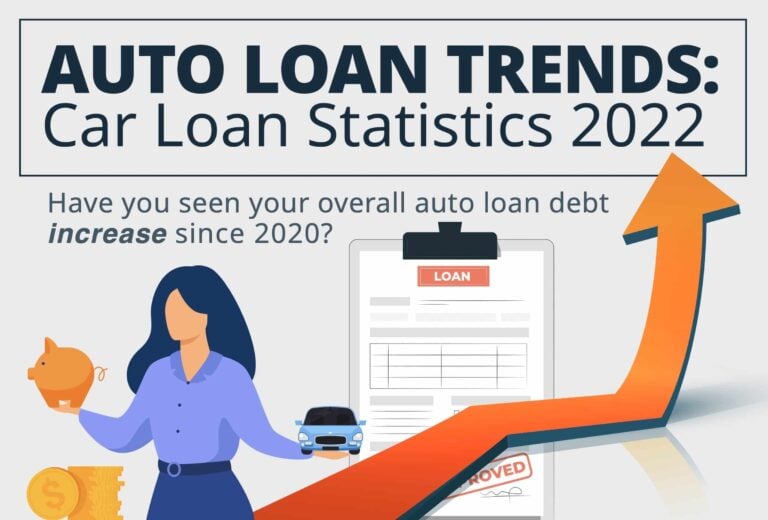



Debt Relief Reviews

Ready To Get Started?
See if you qualify for debt relief. Get a Free savings estimate to see how quickly you can be debt free.
Embrace financial freedom with our tailored solutions, expert guidance, and unwavering commitment to your success.
Experienced Professionals
Our experienced team has helped thousands of clients successfully eliminate debt and regain financial freedom.
Customized Solutions
We know every financial situation is different, so we design personalized debt relief plans to fit your specific needs and goals.
High Success Rate
Our proven debt relief strategies deliver real results. With a strong track record of success, we help clients achieve lasting financial stability.
Confidential Consultation
Your privacy is our priority. All debt relief consultations are 100% confidential and handled with the highest level of discretion.



